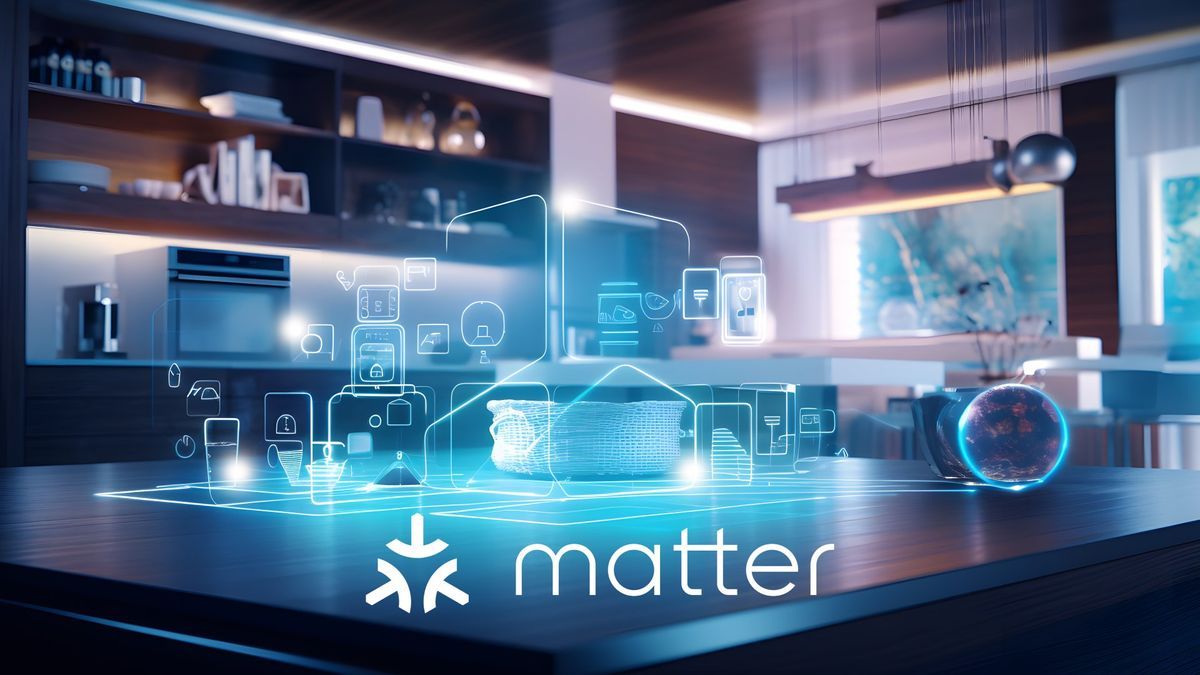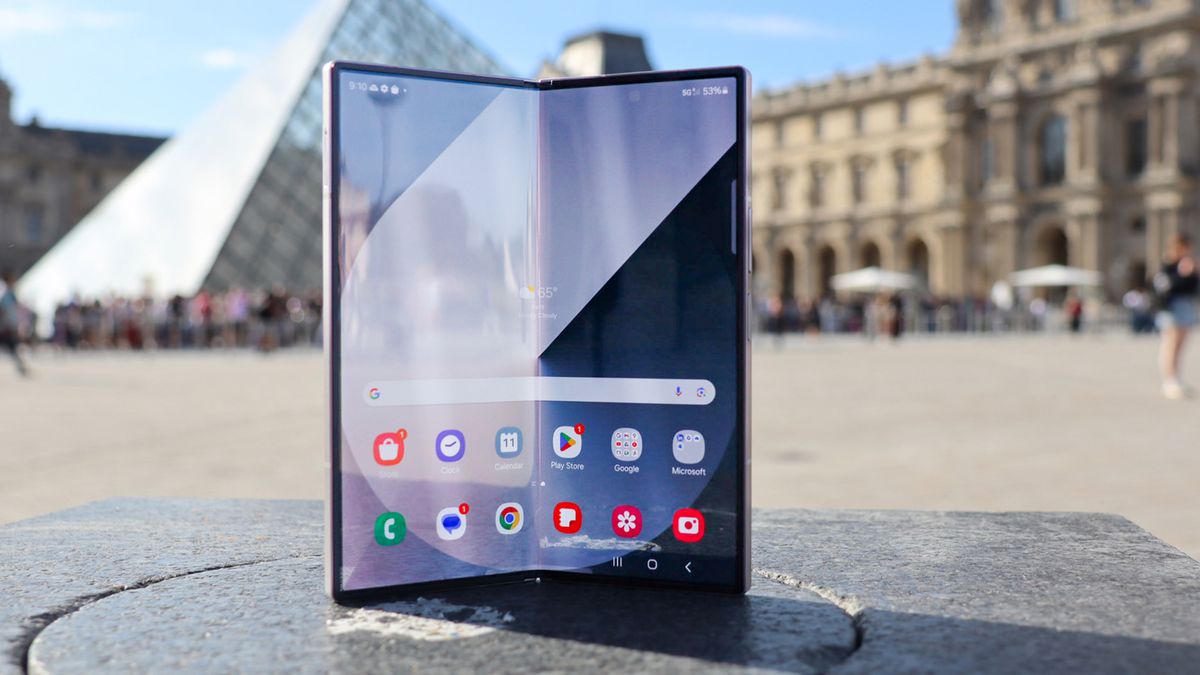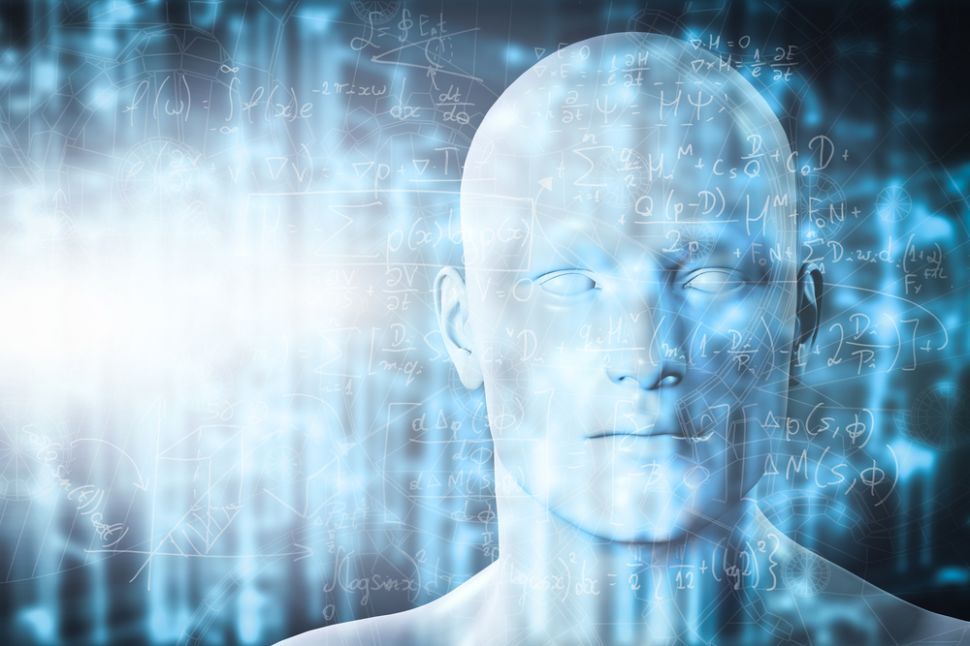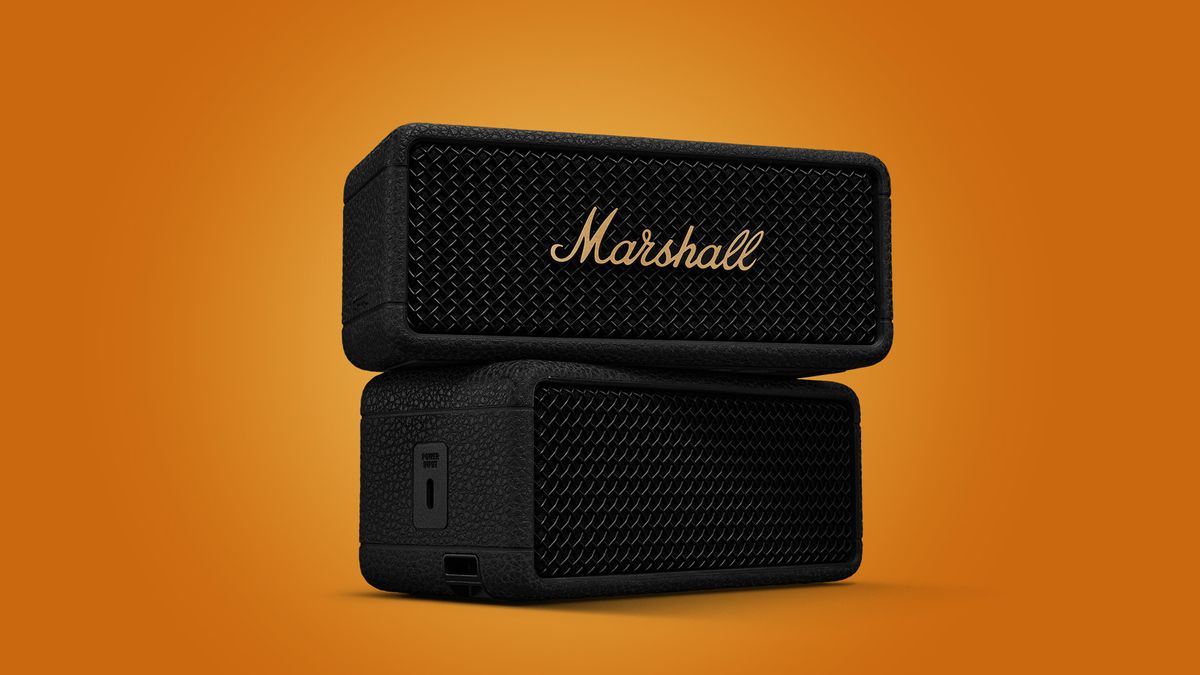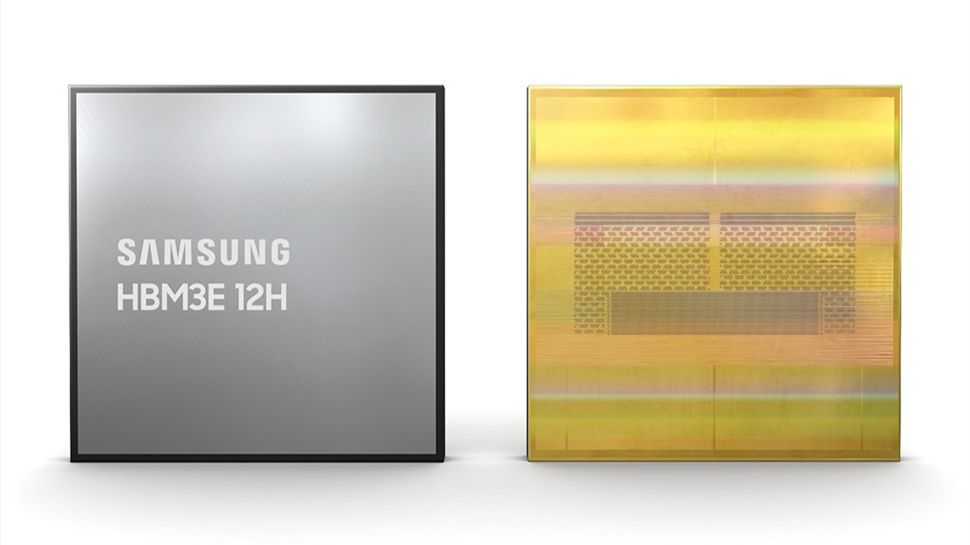On October 4, 2022, the first version of Matter, a standard for smart homes, was made available to users and companies around the world, and two years later, it is already everywhere.
Powered by the Connectivity Standards Alliance, a consortium of more than 500 companies, Matter is a way to get all the smart devices in your home working together in one place, without having to use a barrage of apps to manage them all.
Matter can be found in smart lights, sensors, blinds, and more. So much so that we have a guide listing several of them, to make it easier for you to find Matter-compatible appliances. However, below we have listed some answers to help you understand what Matter means and how it will benefit you, especially if you are about to purchase a smart home appliance for the first time.
What is matter?
When you buy a smart home product, you might expect it to work with the devices you already own. This never used to be the case – you had to use the app the product recommended in its instruction manual and go from there.
Using apps like Apple Home, which groups all your smart devices into one central overview where you can manage them wherever you are, wouldn't work with products like this, leading to a lot of frustration.
This is where Matter comes in. It eliminates that hassle, so the next smart home peripheral you buy will work with Apple HomeKit, Amazon Alexa, Google Assistant, and more.
It is worth mentioning that the standard has been updated several times since its release in October 2022. For example, Matter 1.3, released in May 2024, supports more smart home appliances such as clothes dryers, washing machines, robot vacuum cleaners, and more. For now, this latest standard is supported by Apple’s latest software updates. This includes iOS 18, iPadOS 18, macOS Sequoia, watchOS 11, and tvOS 18.
How does matter work?
There are many smart devices that work with Matter. These include (as of September 2024):
- Air purifiers
- Air quality sensors
- Countertops
- Dishwasher
- Electric Vehicle Chargers (EVC)
- Energy management devices (consumption or generation reports)
- Extractor hoods
- Fans
- Freeze detectors
- HVAC (heating, ventilation and air conditioning) controllers
- Clothes dryers
- Clothes washing machines
- Microwave
- Ovens
- Rain sensors
- Refrigerators
- Robotic vacuum cleaners
- Air conditioners for rooms
- Smoke and carbon monoxide detectors
- Thermostats
How does matter work?
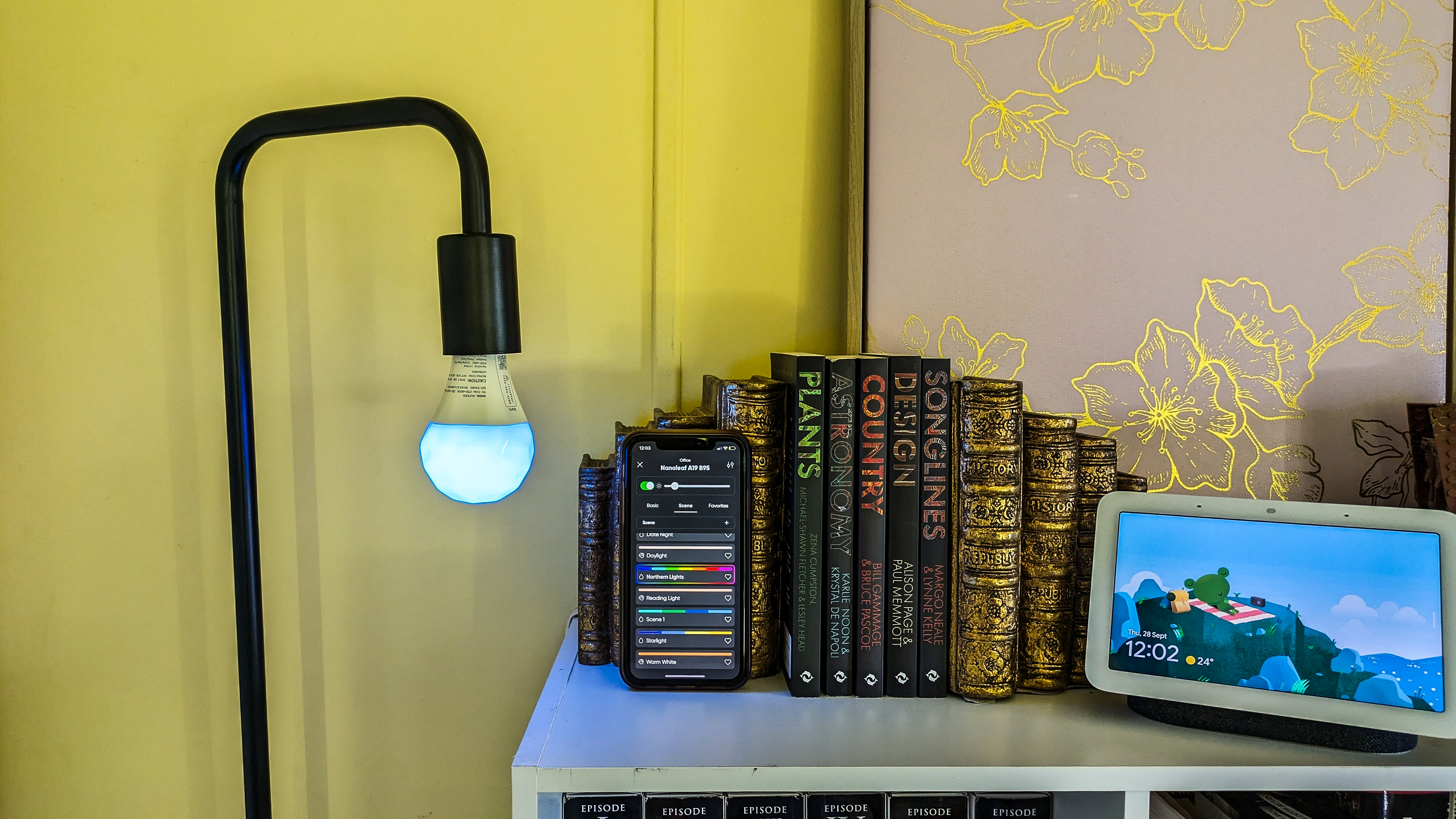
Matter is software: nothing needs to be added to a device to make it compatible with it. This is where the standard shines: Matter is designed to be as easy to install as it is to use on the thousands of smart devices already available.
It's important to note that in most cases, you don't need to buy a new smart appliance to use Matter. Most manufacturers have released a firmware update that adds Matter support to existing devices, such as Philips Hue. You'll likely receive notification about support for the standard via a notification in the manufacturer's smart home app or via email. Once this happens, you'll likely see your smart home devices in apps like Apple Home, ready to manage.
However, this full adoption of Matter will not be possible for all existing smart home devices. Some brands, such as Amazon and Google, will be leaving very old models behind.
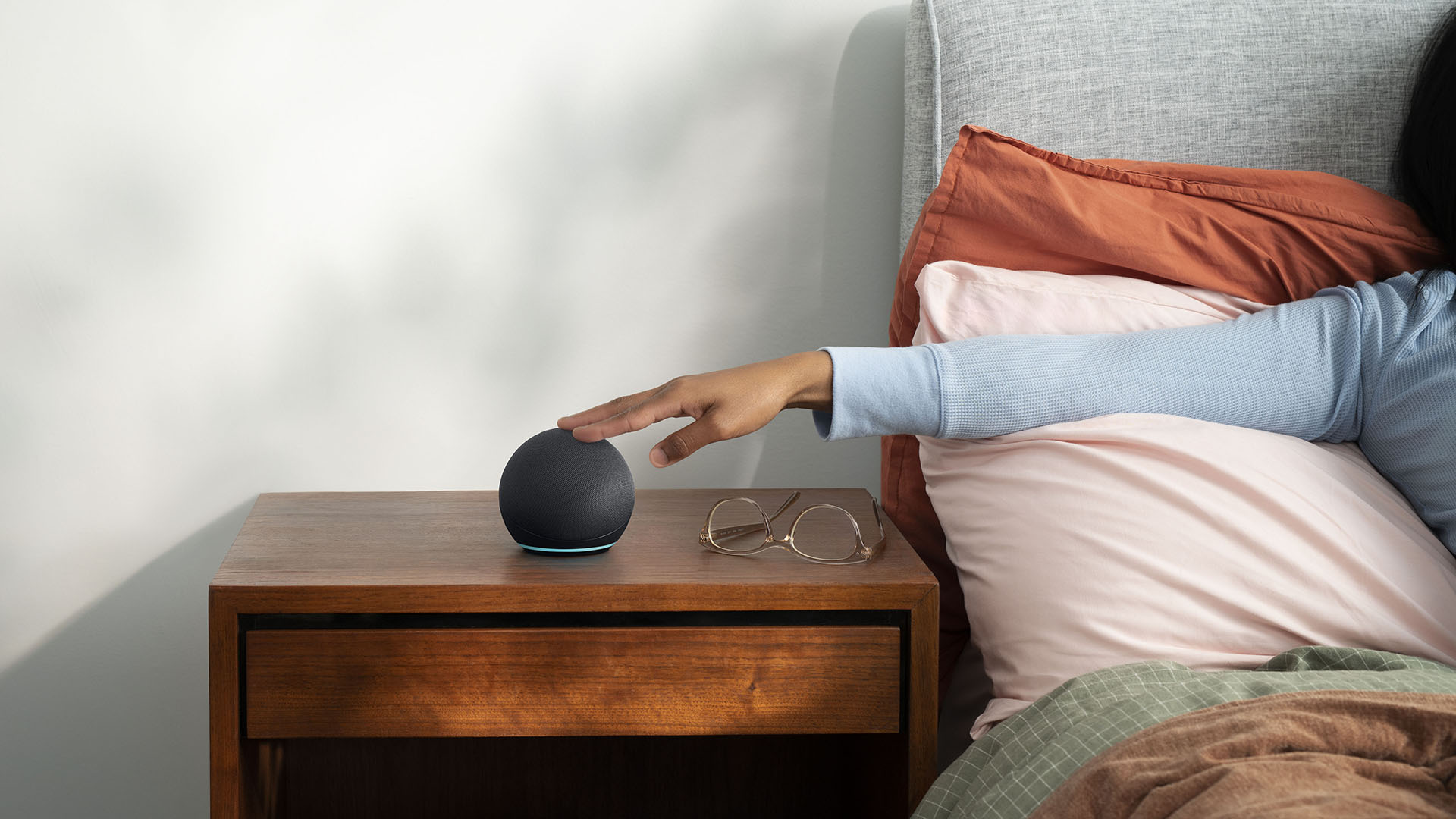
If you have one of the best Alexa speakers, like the Echo Dot (5th Gen) or Echo Show 8, Matter is already available with those devices. However, models more than a few years old are less likely to have support. In these cases, you'll need to upgrade your smart speakers or sacrifice the benefits that Matter brings.
Additionally, some recent devices won’t be upgraded to Matter, as support for the new standard will only come to newly released smart home devices from certain brands. Nanoleaf’s smart lighting is one example: only new Matter-compatible additions to its Essentials line will adopt the Matter standard.
If you're looking for new smart home devices or want to upgrade the ones you already have, now is a great time to do so. We recommend making sure that what you're buying is compatible with Matter, otherwise your new purchases could quickly become obsolete.

